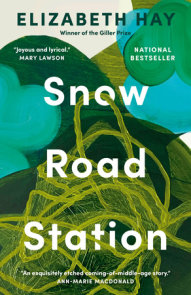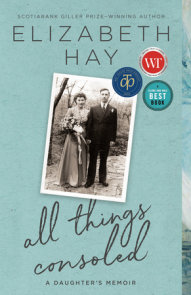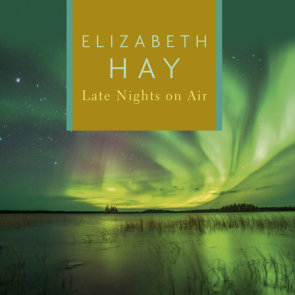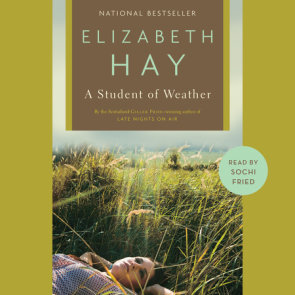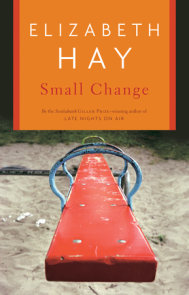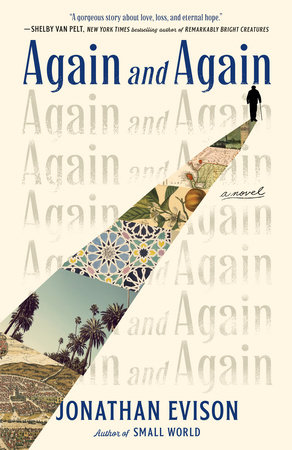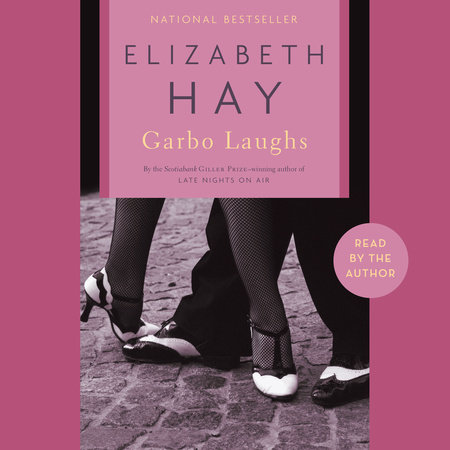

Garbo Laughs
By Elizabeth Hay
Read by Elizabeth Hay
By Elizabeth Hay
Read by Elizabeth Hay
Category: Literary Fiction | Audiobooks

-
Dec 12, 2017 | ISBN 9780771039508
702 Minutes
Buy the Audiobook Download:
YOU MAY ALSO LIKE
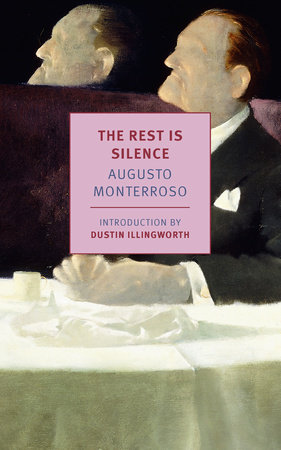
The Rest Is Silence
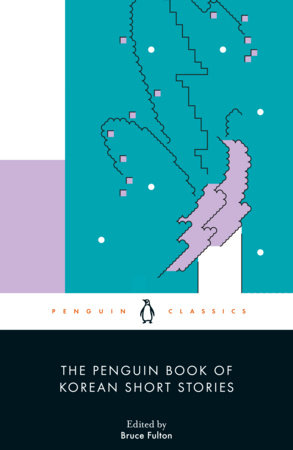
The Penguin Book of Korean Short Stories
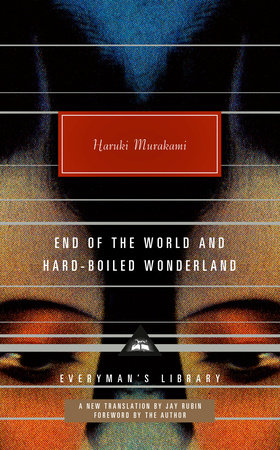
End of the World and Hard-Boiled Wonderland
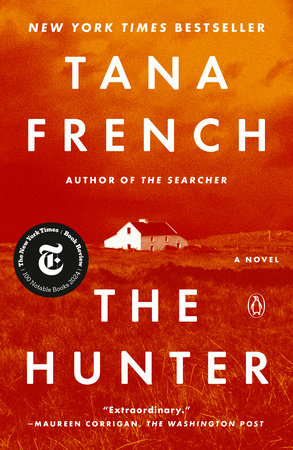
The Hunter
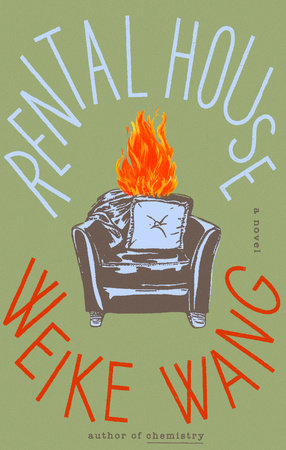
Rental House

Birds, Beasts and a World Made New
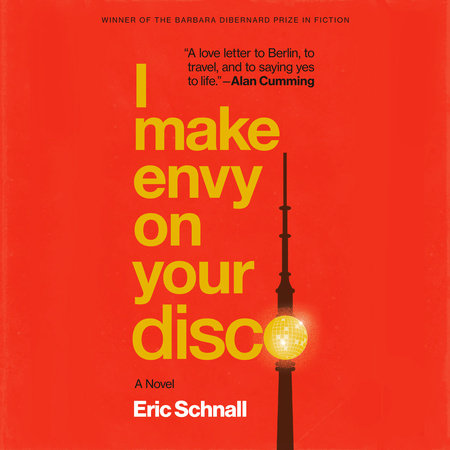
I Make Envy on Your Disco
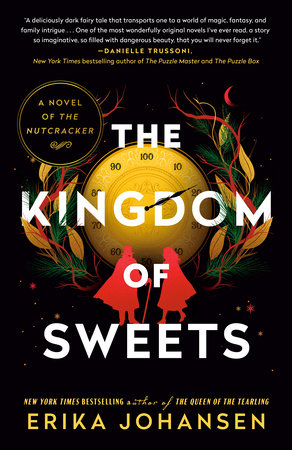
The Kingdom of Sweets
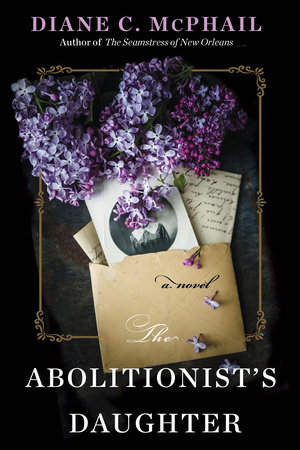
The Abolitionist’s Daughter
Praise
“A novel so subtle and so wonderfully layered that it resembles a black-and-white movie of a certain era, full of elegance, aura and wit. . . . Brilliant. . . . Breathtaking.” —Globe and Mail
“From start to finish, this book is perfect, and as lovely to behold as it is beautifully written.” —The Guardian (UK)
“Outstanding—deft and compassionate and bittersweet. . . . About community, in all its guises; about family, old friends, and cherished foes.” —Bill Richardson
“Fully alive with people you want in your life. . . . Occasionally a novel comes along with a flavour so unique and beguiling that a reader thinks, ‘This one is unforgettable—I’ll have it forever.’ . . . That’s Garbo Laughs.” —National Post
“Think Woody Allen’s Purple Rose of Cairo meets Dorothy Parker as channelled by John Irving.” —NOW (four-star review)
“Elizabeth Hay’s novel is an anatomy of all kinds of love. . . . Full of Hay’s off-centre wisdom and bull’s-eye psychological accuracy.” —Katherine Ashenburg
“Dreamy, moving, frequently hilarious novel. . . . Startlingly original.” —Maclean’s
“A sparkling demonstration of Hollywood’s hold on our fantasies—and its awkward fit with our earthbound selves.” —Kirkus Reviews (starred review)
“Sophisticated and intelligent, fresh and endlessly inventive.” —Quill & Quire (starred review)
“[Hay] has a delightful deadpan wit, the kind that sneaks up on you.” —New York Times Book Review
“Thumbs up for Garbo Laughs! Four-star novel celebrates love, film, and love of film.” —Ottawa Citizen
“Innovative in its reach and a stylistic delight, Garbo Laughs is endlessly engaging. Oscar for Best Novel.” —Terry Griggs
“Imaginative, droll, and incisive, Hay’s profound tale of attempted escape and accepted responsibility, of found joy and dreaded sorrow, deftly explores the dangers and benefits of fantasy.” —Booklist (starred review)
“There aren’t enough adjectives to describe Garbo Laughs. The book is, quite simply, wonderful. It is inventive, intelligent, polished and enchanting. And you won’t be able to put it down. . . . Garbo Laughs is both beautifully imagined and sophisticated, a multi-faceted chronicle that holds the reader in a state of pure admiration. Hay is engaging and incisive. . . . Bittersweet, richly entertaining and deeply moving.” —London Free Press
“A beautiful story of love and loss. With wit and sympathy, Elizabeth Hay superimposes the world of film perfectly on the life of Harriet Browning. A novel that should be read and re-read.” —Jury citation, Governor General’s Award
“A gracefully written novel, mapping out the patterns of tensions and release in a family whose members are best able to express their love and disappointment through the films of the past.” —Publishers Weekly
“Garbo Laughs, written in Hay’s by now distinctively understated voice, gives us her literary talent in full, extravagant bloom. . . . [It] finds a pitch-perfect balance between comedy and sadness.” —Vue Weekly (Edmonton)
“Thoughtful, smart, sardonically funny.” —Toronto Star
“You don’t have to be a film buff to appreciate this finely crafted, poignant and emotionally resonant novel. . . . Absolutely delightful.” —Kitchener-Waterloo Record
“With meticulous language and subtle comedy, Elizabeth Hay creates a humane portrait of people whose passionate nostalgia for the fictions of the silver screen both cushion and illumine their lives.” —Joan Barfoot
“Hay’s forte is creating character and then establishing fierce but understated bonds between them. . . . This could easily become a Canadian classic.” —Catherine Gildiner
“Garbo Laughs is a summer house of a novel, one through which we move with languid ease and pleasure, never wanting the season to end.” —Raleigh News & Observer
21 Books You’ve Been Meaning to Read
Just for joining you’ll get personalized recommendations on your dashboard daily and features only for members.
Find Out More Join Now Sign In






